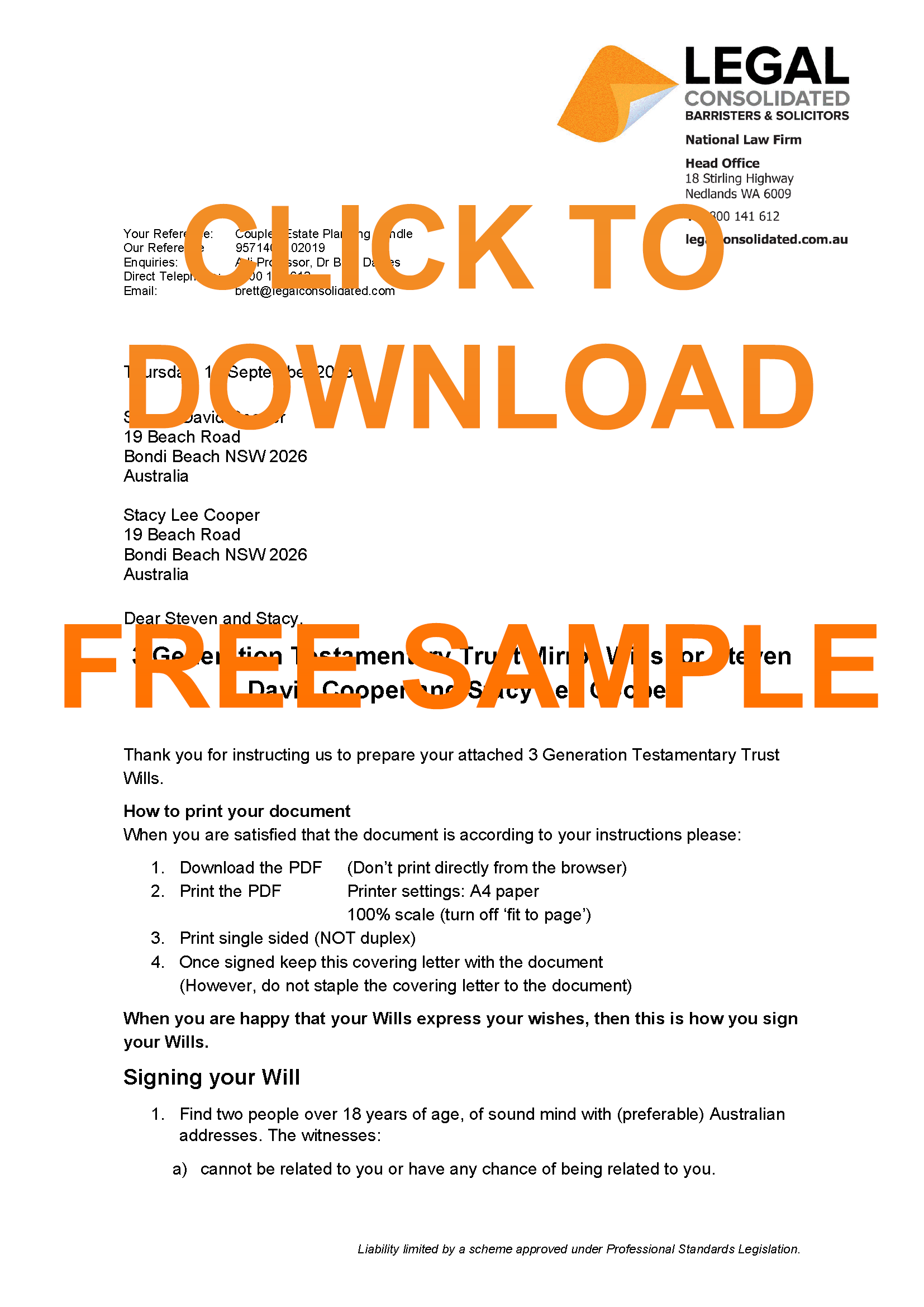Loan to a company to escape the Debt Equity rules
Related party ‘at call’ loans to a company: Debt/Equity Rules
Your company wants to buy a truck. But the company has no money.
Should the company borrow the money from the bank? No. You have some lazy cash. You give the money to the company. This is to buy the truck.
- Did you loan the money to the company?
- Or was it an injection of equity?
There is no legally enforceable Company Loan Agreement. The ATO claims it is an injection of cash. This means that it is difficult to get the money back tax-free.
When you give money to a company it is either:
- a loan (good) or
- an injection of equity (generally bad)
Loan to a company (or was it an injection of equity?)
The Debt/Equity tax rules started on 1 July 2001. If money moves from you to your company the default position is that it is an injection of cash. It is not a loan. Undocumented money into a company is treated as an injection of cash as equity. Not as debt.
However, it is generally better to treat the money you put into your company as a ‘loan’. This is rather than an injection of ‘equity’. If the money is equity (rather than debt) then:
- any interest payable on the loan is not tax-deductible (but potentially frankable as a dividend)
- when the company hands back the money it is treated as a dividend payment to you
- the thin capitalisation rules that apply to disallow debt deductions are impacted by the debt/equity classification of ‘at call’ loans
In other words, if the loan is deemed an injection of equity it is expensive and hard to get the money back out of the company.
In contrast, if you ‘lent’ money to your company, then you are more able to take out that money from the company for free.
What is a ‘related party at-call’ company loan agreement?
A related party ‘at-call’ loan is a financing arrangement. This is between:
- a company; and
- someone related or connected to your company.
For example, the
- ‘Lender’ is you, your spouse, children, shareholder or a Family Trust (a related party)
- ‘Borrower‘ is the company
- ‘at call’ means that the Lender can demand back the money at any time. (In contrast, a loan may be for a fixed period. E.g. you pay me back the money in 5 years’ time.)
Let us say you make a loan to your company. But there is nothing in writing. There is no written company loan agreement.
In your minutes, journal entities and in your accounts, you classify the loan as a related party ‘at-call’ loan. But, sadly, they do not satisfy the tax definition of a loan. (See Rowntree v FCT [2018] FCA 182 below.)
Debt / Equity rules for ‘at-call’ loan agreements
Consider this loan to a company ‘at call’ loan:
Keith owns shares in his company. Keith lends $100,000 to his company. He forgets to build a Company Loan Agreement at www.legalconsolidated.com.au. Sadly:
- there is no written company loan agreement
- there is, therefore, nothing documenting the loan
- also, there is no fixed repayment term for the loan
The arrangement between Keith and his company is that the loan is repaid when Keith demands repayment – ‘at call’.
Sadly, under the Debt/Equity rules, the ATO treats the loan as an injection of equity; not as a loan.
Therefore:
- any interest payable on the loan is not deductible to Keith’s company
- where the loan is subsequently repaid to Keith, the repayment is often classified as a non-share dividend paid from his company, therefore, Keith is assessed on the repayment of the loan.
$20 million turnover exception (de minimis exception) for company loans
The above rules usually do not currently apply to companies with an annual turnover of less than $20 million (excluding GST). However, it is not worth the risk. Your accountant for proper accounting standards and business practice requires a Company Loan Agreement. This puts the matter beyond doubt.
Further, if in any year your company does achieve a $20m plus turnover all loans are turned into equity. This is at that time.
No taxation or Corporations Law advice on this Loan Agreement
Legal Consolidated is not providing any taxation or corporation advice on this company loan contract. The advice is general in nature only. Talk with your accountant. Your accountant also knows your individual circumstances.
Company loans ‘expire’ every 6 years
Even with your legally prepared Company Loan Agreement, there is a risk that over time it stops working. In Australia, each State and Territory has a Statute of Limitation. Your loan to a company goes ‘stale’ or ‘expires’ if no repayments are paid or none are demanded.
The Loan to Company limitation periods for each State and Territory for unsecured loans are:
- Australian Capital Territory: 6 years
- New South Wales: 6 years
- Northern Territory: 3 years (the odd one out)
- Queensland: 6 years
- South Australia: 6 years
- Tasmania: 6 years
- Victoria: 6 years
- Western Australia: 6 years
So in the Northern Territory, diaries every two years to come back to our website, log in and build a Deed of Recognition of a Loan.
For all other jurisdictions, you have 6 years before your Company Deed of Loan is barred by the Statute of Limitation. In that case, diarise every 5 years to come back to our website login and build a Deed of Recognition of a Loan. And sign it to freshen it up the 6 year period. It starts the 6 year period running again.
What does a Legal Consolidated Debt Equity ‘at call’ Loan contain?
- Our law firm’s letter of advice – confirming we prepared the Company loan agreement
- Company Loan Deed
Company Deed of Loan on the back of an envelope
In the movies, IOUs are often handwritten. This is on the back of an envelope.
Or, sometimes instead of a Deed of Loan, someone does a ‘minute’.
Both fail.
Rowntree v FCT
Rowntree v FCT [2018] FCA 182 shows the additional care required to document even simple related-party transactions. This includes loans.
In this case, the taxpayer, a practising NSW lawyer, claimed he borrowed over $4m. This is from his group of private companies. The Court said:
‘Mr Rowntree has not deliberately chosen to ignore the law. His evidence presented to the Tribunal suggests that he genuinely believed that there were arguments to support his view that a loan was in existence.
He failed. Only a legally prepared Deed of Loan of a company satisfies the:
- Australian Taxation Office;
- Bankruptcy Courts; and
- Family Court.
What checks should I do on the Borrower – BEFORE I lend any money?
Seek advice and due diligence, legal and otherwise, on the creditworthiness and ability of the Company you are lending to make repayments and perform its obligations under the Loan Agreement.
The Lender seeks such advice independently. You should not rely on any person associated with or related to the Borrower to give you such advice.
You need to make sure the person you are lending to is the person they say they are. If you are in doubt, seek professional and legal help.
You should undertake extensive checks on the identity of the company you are lending money to. Do a full historical search of that company with the Australian Securities and Investments Commission (ASIC). You should also make sure that the directors of the company are either the Borrowers as well, or at least are Guarantors under the Loan Agreement.
There are professional businesses that provide extensive and written credit checks on potential Borrowers. Use their services before you hand over any money. Use their services before you sign the Loan Agreement.
Why prepare a Company Debt Equity ‘at call’ loan on a law firm’s website?
You are dealing directly with a law firm’s website, therefore you:
- retain legal professional privilege
- Legal Consolidated as an Australian law firm is responsible for the document
- receive legal advice from us, as you build the Company Loan agreement
- Loan Agreement accompanied by the law firm’s covering letter
Business Structures for Personal Services Income, tax and asset protection
Family trust v Everett’s assignments
- Family Trust Deed – watch the free training course
- Family Trust Updates:
- Everything – Appointor, Trustee & Deed Update
- Deed ONLY – only update the Deed for tax
- Guardian and Appointor – only update the Guardian & Appointor
- Change the Trustee – change human Trustees and Company Trustees
- The company as Trustee of Family Trust – only for assets protection?
- Bucket Company for Family Trust – tax advantages of a corporate beneficiary
Unit trust vs Everett’s assignments
- Unit Trust
- Unit Trust Vesting Deed – wind up your Unit Trust
- Change Unit Trust Trustee – replace the trustee of your Unit Trust
- Company as Trustee of Unit Trust – how to build a company designed to be a trustee of a Unit Trust
Corporate structures and Everett’s assignments
- Partnership Agreement – but what about joint liability?
- Incorporate an Australian Company – best practice with the Constitution
- Upgrade the old Company Constitution – this is why
- Replace lost Company Constitution – about to get an ATO Audit?
- Independent Contractor Agreement – make sure the person is NOT an employee
- Service Trust Agreement – operate a second business to move income and wealth
- Law firm Service Trust Agreement – how a law firm runs the backend of its practice
- Medical Doctor Service Trust Agreement – complies with all State rules, including New South Wales
- Dentist Service Trust Agreement – how dentists move income to their family
- Engineering Service Trust Agreement – commonly engineers set up the wrong structure
- Accountants Service Trust Agreement – complies with ATO’s new view on the Phillips case









